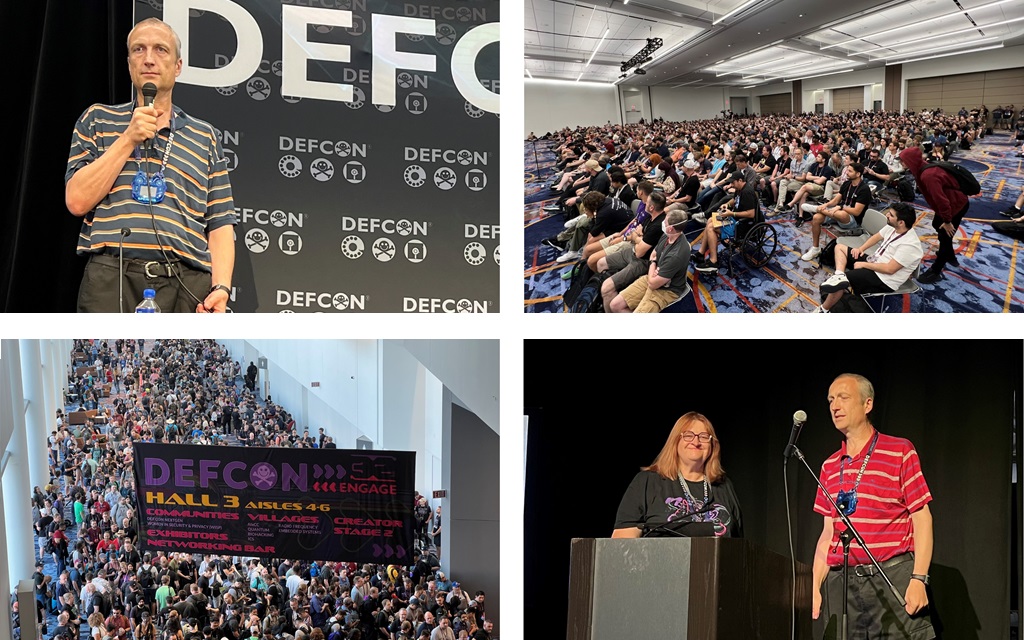
by Klaus Schmeh | Aug 19, 2024 | Events
With 30,000 participants, DEF CON in Las Vegas is the largest hacker conference in the world. At this year’s edition (August 8-11), Klaus Schmeh, crypto specialist from Eviden Digital Identity, was represented with two presentations. His presentations, which he gave together with US crypto expert Elonka Dunin, focused on cracking various encryption methods and software programs that can be used for this purpose. Around 500 people attended each of the two presentations and, as always, Klaus Schmeh and his co-speaker’s vivid presentation style was extremely well received.
In the two days before DEF CON, the BSides conference also took place in Las Vegas, which addresses a similar target group, but is less commercially oriented and much smaller with 2000 participants. Klaus Schmeh and Elonka Dunin also gave a presentation at BSides. It was about modern computer algorithms that can be used to solve historically significant encryptions. Around 200 spectators watched the presentation, which featured numerous animations, and were captivated by the fascination of code-breaking.
Website of DEF CON: https://defcon.org/html/defcon-32/dc-32-index.html
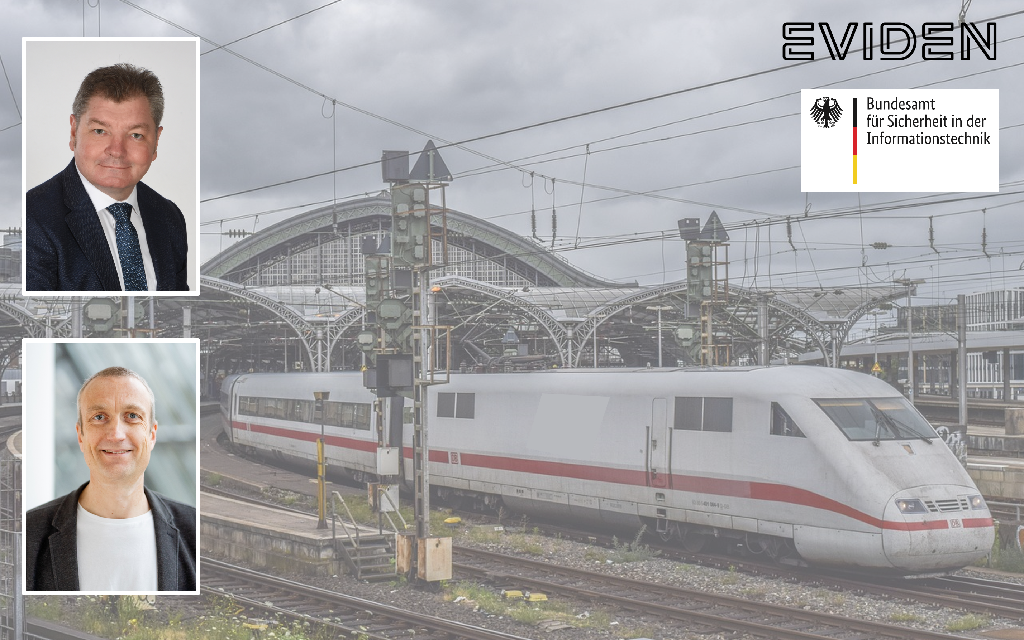
by Klaus Schmeh | May 6, 2024 | Events
Gunnar Preißler (Eviden Mission Critical Systems) and Klaus Schmeh (Eviden Digital Identity) will be presenting a solution for cryptographically securing communications in the rail sector at this year’s German IT Security Congress. This is a hardware component developed by Eviden in collaboration with Swedish supplier Westermo. The solution comprises a robust network device into which a security module in µSD format is integrated. This module performs the cryptographic functions and stores the keys. The security module can be replaced if necessary, without having to replace the entire component. Crypto-agility is thus assured.
The German IT Security Conference is organized by the Federal Office for Information Technology Security (BSI), and will take place this year on May 7 and 8 as an online event. Several thousand participants are expected. Gunnar Preißler and Klaus Schmeh will present on the first day at 11 a.m., just after the BSI keynote speeches. They are already looking forward to welcoming a large number of interested spectators.
German IT Security Congress website: https://www.bsi.bund.de/DE/Service-Navi/Veranstaltungen
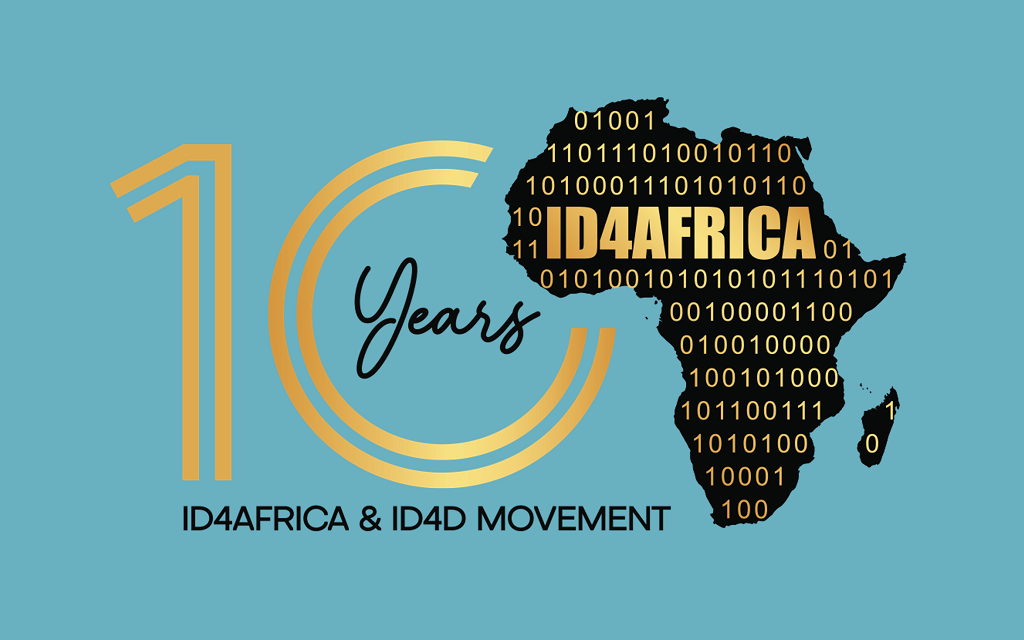
by Klaus Schmeh | May 2, 2024 | General
More than 2000 participants and over 100 exhibitors from all over the world will be present when ID4Africa opens its doors for the eighth time from May 21 to 24. The venue for this year’s edition is Cape Town in South Africa. ID4Africa is regarded as the most important forum for electronic ID cards and digital identities in Africa – a continent with well over a billion people who need secure digital access to the Internet, public authorities and banks.
As in previous years, Eviden Digital Identity – with the brands cryptovision and Idnomic – will be represented at ID4Africa with a stand (B16). Visitors will be able to find out about Eviden Digital Identity’s Citizen ID product portfolio, which has grown significantly in recent years. In addition to the eID-PKI solutions, this includes the eID middleware cryptovision SCinterface, the Java card framework cryptovision ePasslet Suite and much more. All of these solutions have been used for years in numerous African and other countries and have proven themselves in practice. Find out more at ID4Africa 2024.
ID4Africa 2024 website: https://id4africaevents.com/2024/conference/
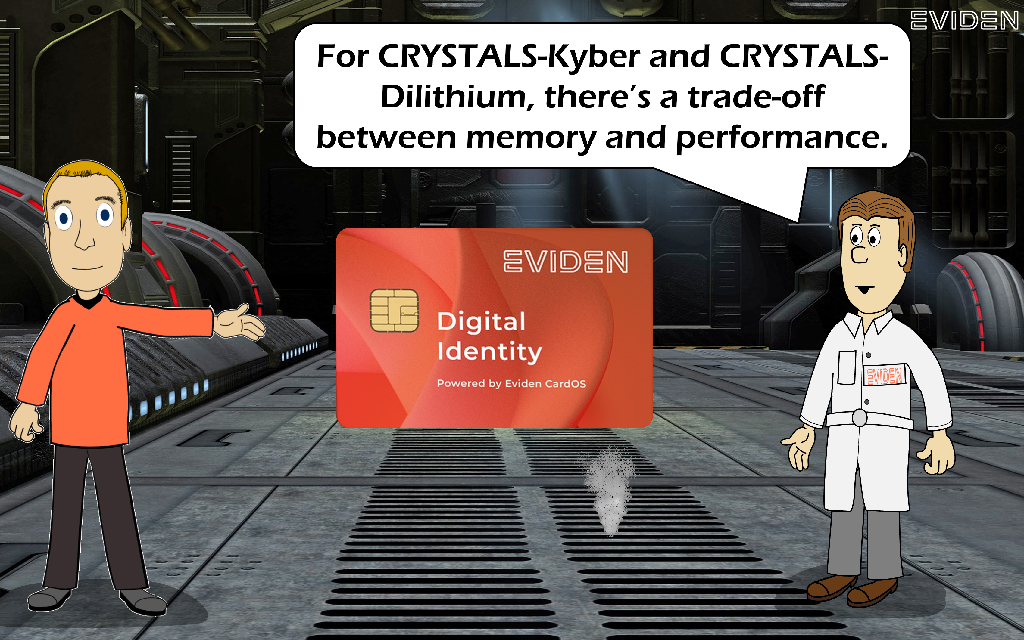
by Klaus Schmeh | Apr 23, 2024 | Events
Over 100 participants attended Silicon Trust’s online seminar “Post Quantum Cryptography – The Impact on Identity” on April 10. The speakers included Klaus Schmeh from Eviden Digital Identity, who spoke about the implementation of post-quantum cryptography on smartcards – an important topic, as current smartcard architectures are not designed for post-quantum crypto processes. Moderator Steve Atkins praised Schmeh’s “unique presentation style” in the announcement and was not disappointed. The long-time Eviden and cryptovision employee offered edutainment at the highest level – with slides in comic design, numerous animations and first-hand information. If you missed the seminar, you can watch the lectures and presentation slides online. The links can be found on the seminar website.
Seminar website: https://silicontrust.org/new-seminar-post-quantum-cryptography-the-impact-on-identity/
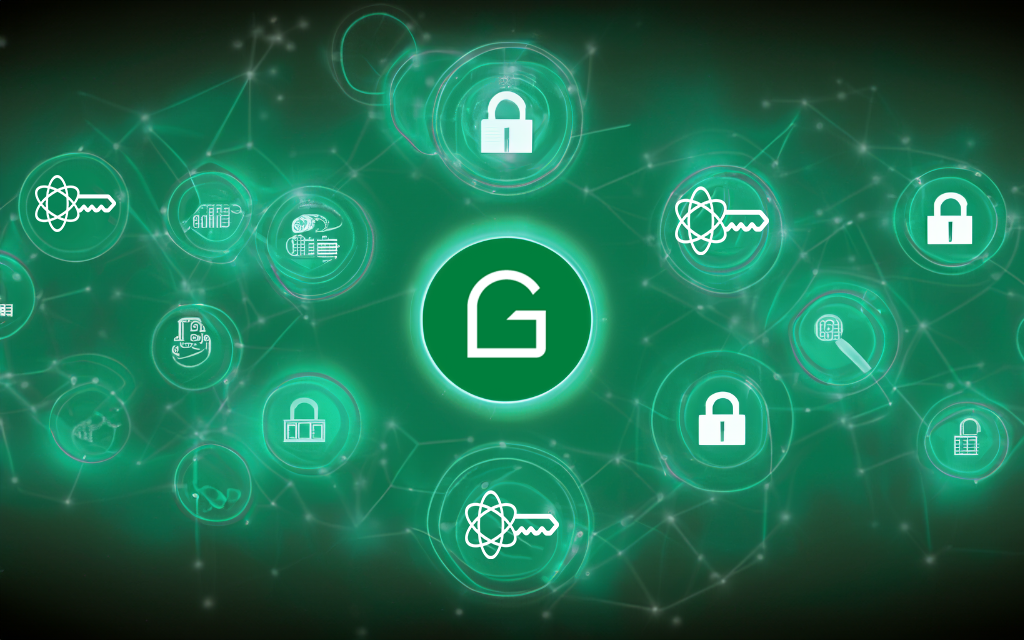
by Klaus Schmeh | Jan 18, 2024 | Product & Solutions
There is now an innovative extension for the cryptovision GreenShield email encryption software: a preview module for post-quantum cryptography. This enables PQC and composite signatures as well as PQC encryption with the CRYSTALS-Dilithium and CRYSTALS-Kyber algorithms, based on self-signed certificates. Both cryptovision GreenShield Mail and cryptovision GreenShield File support the new functions.
With the new feature, cryptovision GreenShield users can already evaluate post-quantum procedures today. Interested parties can be accompanied by Eviden Digital Identity during an evaluation.
Anyone interested can find out more at Omnisecure from January 22 to 24 in Berlin. A team from Eviden Digital Identity will be on site, so feel free to talk to us, for example during the two presentations we will be giving at this event.
Website for cryptovision GreenShield: https://www.cryptovision.com/en/products/security-applications/greenshield/

 CLOUD SERVICES
CLOUD SERVICES CITIZEN ID
CITIZEN ID IT SECURITY
IT SECURITY IOT and INDUSTRY
IOT and INDUSTRY PKI SOLUTIONS
PKI SOLUTIONS CREDENTIAL MANAGEMENT
CREDENTIAL MANAGEMENT SECURITY TOKEN & HARDWARE SOLUTIONS
SECURITY TOKEN & HARDWARE SOLUTIONS SECURITY APPLICATIONS
SECURITY APPLICATIONS

